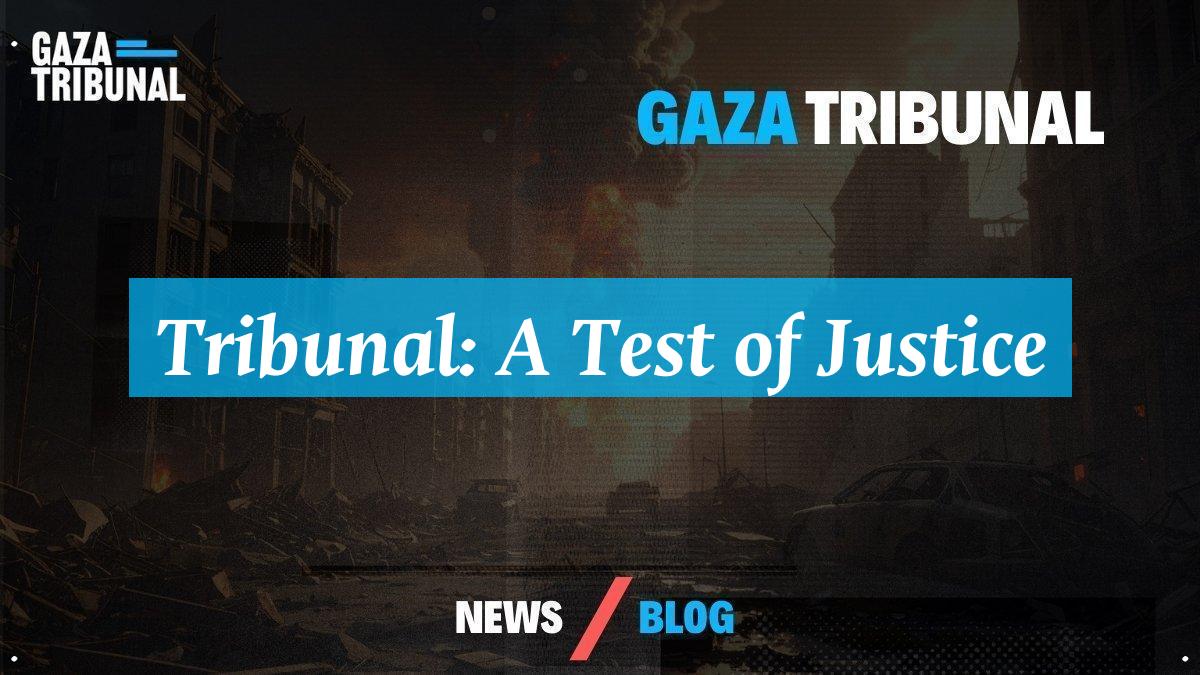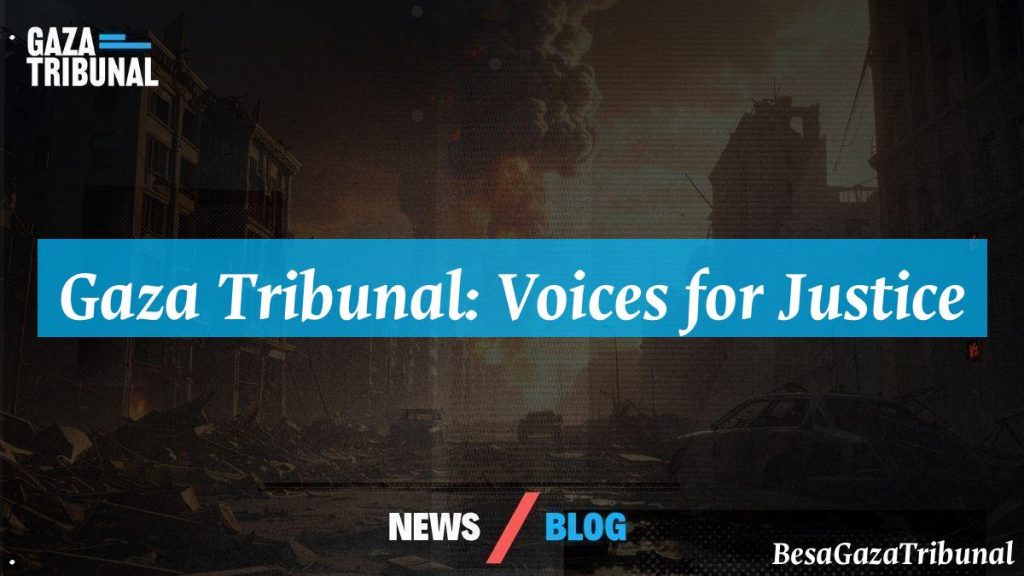The ongoing conflict in Gaza stretches beyond physical destruction, affecting generations. As this situation unfolds, the plight of many, including Dr. Wisam Atallah, becomes even more poignant. After losing his home and family, he has experienced both grief and duty as a legal scholar. Amid the chaos, Dr. Atallah advocates for those suffering in silence, revealing the grim realities of his homeland. The struggle for justice is fierce—how can the world remain indifferent? Quite naturally, the establishment of the Gaza Accountability Tribunal becomes a crucial topic, offering a glimmer of hope in pursuit of truth. For more on related issues, visit our news category.
Delving deeper, Dr. Atallah underscores the significance of international law in defining these atrocities. His words illustrate the tragic consequences of ignoring humanitarian principles. With every bomb, lives and legal frameworks crumble, leading Dr. Atallah to assert that Gaza has become the litmus test for global accountability. If this war ignores the foundational principles established after World War II, what future do we have? He passionately argues for the necessity of a credible tribunal to address these grievances. Indeed, the establishment of the Gaza Accountability Tribunal is not only a legal matter; it is a test of our collective humanity.
Life Amid Destruction
Dr. Wisam Atallah’s narrative begins with heartbreak. His family, scattered across northern Gaza, faces unimaginable challenges. Entire neighborhoods have vanished, replaced by debris and despair. “When women and children make up the majority of casualties,” he states, “the numbers reflect a genocide.” This stark reality weighs heavily on his heart. Each day, hunger looms larger, pushing his relatives to scavenge for whatever they can find amid the chaos.

What does survival look like in such conditions? For many, it means risking their lives under constant shelling. Dr. Atallah’s family embodies the struggle of countless others. They endure not just physical hunger but also a deep sense of loss. It’s a relentless cycle that leaves no room for hope. Yet, amid this darkness, Dr. Atallah continues to voice their pain. His words echo the silent screams of those who suffer in the shadows.
The Harrowing Reality of Starvation
Dr. Atallah finds the use of starvation as a tactic in this war profoundly disturbing. He describes it as “starvation management,” where mere trucks filled with minimal aid serve as death traps. These convoys, he insists, offer no real relief. Instead, they lead to chaos, where people die fighting for survival. Each day, the news reports countless deaths—many caused by desperate attempts to reach food supplies.
<p“Starvation itself has become a weapon of war,” he emphasizes. This is not just a crisis; it’s a systematic assault on humanity. The chilling statement from Israel’s former defense minister still resonates: “We are fighting human animals in Gaza.” Dr. Atallah reflects bitterly on this dehumanization, arguing that even animals have rights. How can we accept this treatment of human lives?
Legal Perspectives on Genocide
Dr. Atallah doesn’t shy away from calling the situation what it is: genocide. As a legal scholar, he articulates how the actions in Gaza fit every criterion of this grave accusation. The killing of thousands of innocents, destruction of essential facilities, and deliberate starvation manifest a systematic extermination. Students in his lectures often question why international laws seem ineffective in Gaza. His response: “Israel disregards all laws as if they do not exist.”
The implications are staggering. Dr. Atallah insists that the very foundations of international law are under siege. “By ignoring these atrocities, we undermine the principles humanity established post-World War II,” he warns. He highlights specific instances, like the bombing of schools, that reveal a blatant disregard for humanitarian norms. What does it mean for the world if these laws can be flouted without consequence?
Hope and the Path Forward
Despite the overwhelming darkness, Dr. Atallah sees a glimmer of hope. The case South Africa filed at the International Court of Justice marks a pivotal moment. He believes that the world is beginning to wake up to the reality of Gaza. “For the first time, an Israeli prime minister faces an arrest warrant,” he notes, underscoring the significance of this legal action. This could serve as a turning point for accountability. For more insights on this topic, visit Gaza Tribunal’s homepage.
Dr. Atallah’s determination inspires many. He reminds us that the fight for justice is far from over. “Genocide is a crime with no expiration,” he asserts. The more nations join South Africa’s case, the louder Gaza’s cry for justice becomes. Even if justice takes time, each step forward matters. Thank you for listening to this vital story. Your awareness can shape a more just future for all. Source: Witness Eye.


